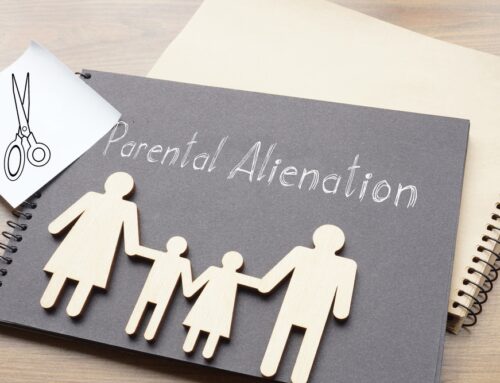Ending a marriage is often a stressful and difficult time. However, being in possession of all of the facts and knowledge that you need can help to ease some of the anxiety that you feel. Dissolution of marriage might sound complex, but it is actually very similar to divorce and just another way of legally ending a relationship.
What Is The Dissolution Of Marriage?
Divorce and dissolution are terms that are often used interchangeably, and in effect both mean that the relationship has ‘dissolved’, or ended. Legally, a marriage can only be ended by divorce or annulment, whereas a civil partnership can actually be ended by a process called dissolution.
Ending A Marriage
There are two ways to end a marriage: divorce and annulment. Annulment can be used when the marriage was not legally valid (e.g. one partner was already married), or if it is voidable (e.g. one partner did not consent to it). The full list of reasons can be found here. Divorce is more common, and is used to dissolve a legally valid marriage. The reasons for divorce are:
- Adultery – where the respondent has had sexual intercourse with another person.
- Unreasonable behaviour – this means that the petitioner cannot reasonably be expected to live with the respondent, on the basis of their behaviour. This can include things such as domestic abuse, debt or financial recklessness and social isolation.
- Desertion – where the respondent has left for more than two years without your agreement and without good reason.
- Separation – with the consent of both parties, divorce on the basis of separation can be granted after two years. Without the consent of one party, the separation needs to have lasted for five years.
Legal Terms To Know For The Dissolution Of Marriage
When you are reading about divorce and dissolution, you will come across a number of terms that may be unfamiliar to you. Here’s a quick guide:
- Petitioner – this is the spouse who applies for the divorce.
- Respondent – this is the other spouse in the relationship (you can easily remember which is which because this spouse is ‘responding’).
- Decree nisi – this is an order issued by the court which states the date on which the marriage will end, unless a good reason not to grant the divorce is produced.
- Decree absolute – this is the order issued by the court which states that the marriage is legally ended.
Dissolution Of A Civil Partnership
In order to end a civil partnership, you need to apply for a dissolution. The process is very similar to that for divorce, but the main difference is that it is not possible to end a civil partnership on the basis of adultery. In order to begin proceedings, you need to complete the same form as for a divorce (which can be found here).
If You Need Help With The Dissolution Of Marriage…
At Beeston Shenton, our family law team knows how difficult divorce can be, and we know that having someone sympathetic on your side can make the process so much easier. We are here to help people from Staffordshire, Cheshire and the Midlands move on with their lives as efficiently as possible. If you would like our help, get in touch today.




